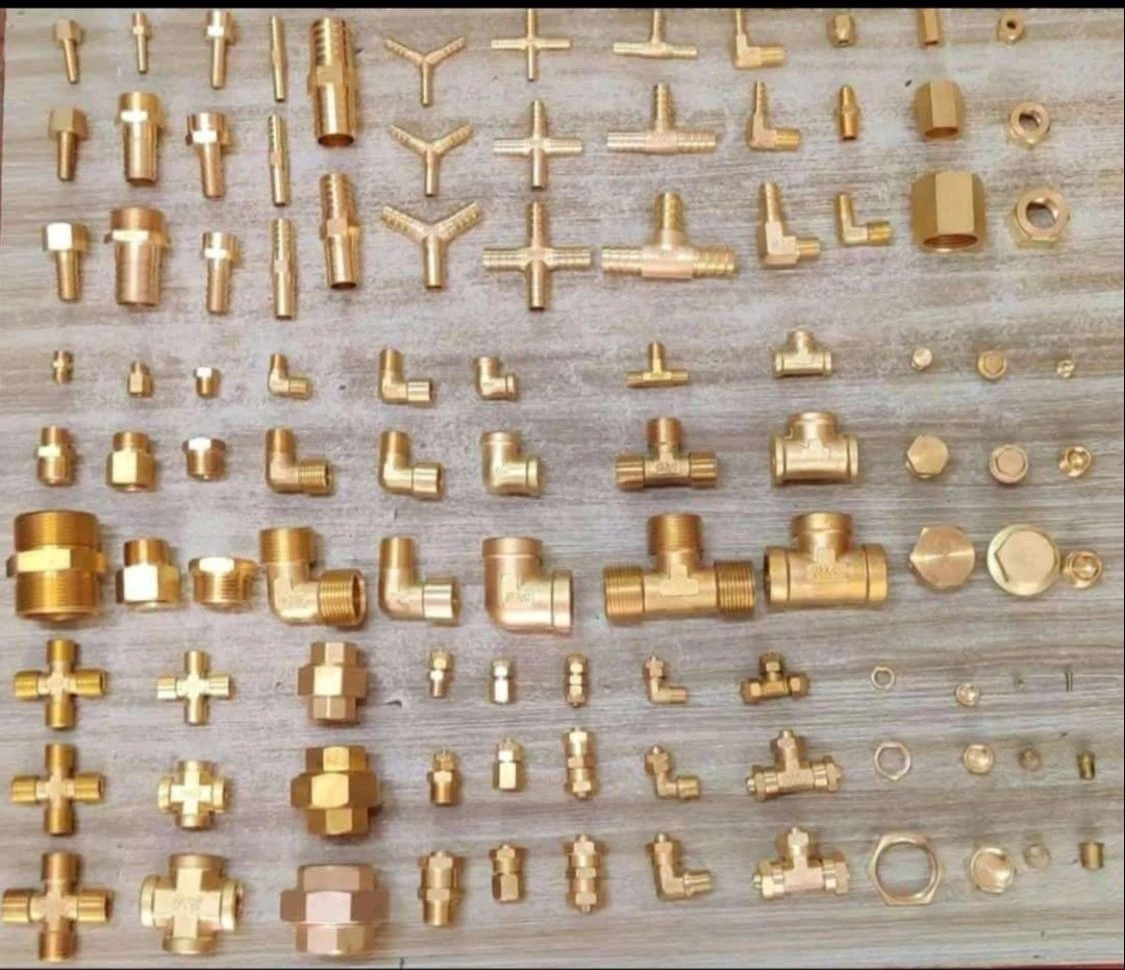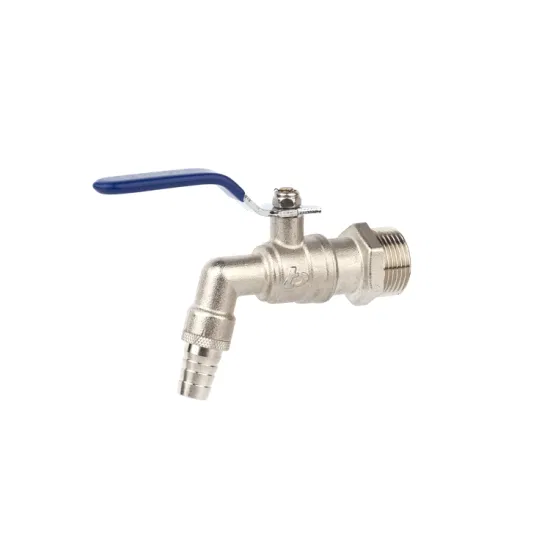
Introduction
Brass fitting are a crucial component in commercial plumbing systems, known for their durability, corrosion resistance, and reliable performance. This guide will explore the features, benefits, types, and considerations for using brass fittings in commercial plumbing.
Key Features of Brass Fittings
- High-Quality Brass Material
Brass fitting are typically made from high-grade brass, offering excellent strength and resistance to corrosion, which is essential in demanding environments. - Variety of Types
Available in numerous configurations, including elbows, tees, couplings, and valves, it can accommodate different plumbing needs.
Benefits of Using Brass Fittings in Commercial Plumbing
- Durability: Brass fittings can withstand high pressures and temperatures, making them suitable for a range of commercial applications.
- Leak Prevention: The tight seals created by brass fittings help prevent leaks, ensuring efficient water and gas flow within plumbing systems.
Types of Brass Fittings Used in Commercial Plumbing
- Elbows: Used to change the direction of the plumbing system, typically at a 90-degree angle.
- Tees: Facilitate branching off to additional pipes, useful for distributing water to different areas.
- Couplings: Connect two sections of pipe together, ensuring a secure joint and seamless flow.
- Valves: Control the flow of water or gas within the system, allowing for easy shutoff and maintenance.
- Adapters: Connect pipes of different sizes or materials, providing flexibility in system design.
Considerations for Choosing Brass Fittings
- Size and Compatibility: Ensure that the fittings match the diameter and type of pipes used in your plumbing system.
- Pressure Ratings: Select fittings rated for the pressures they will encounter in your application to ensure safety and performance.
- Local Codes and Standards: Be aware of plumbing codes in your area to ensure that the fittings you select meet all regulatory requirements.
FAQs
1. Why are brass fittings preferred in commercial plumbing?
That offer durability, leak prevention, and compatibility with various pipe materials, making them ideal for commercial use.
2. What types of brass fittings are commonly used?
Common types include elbows, tees, couplings, valves, and adapters.
3. How do I ensure proper installation of brass fittings?
Ensure the fittings are the correct size, apply thread sealant where necessary, and tighten securely without over-tightening.

















